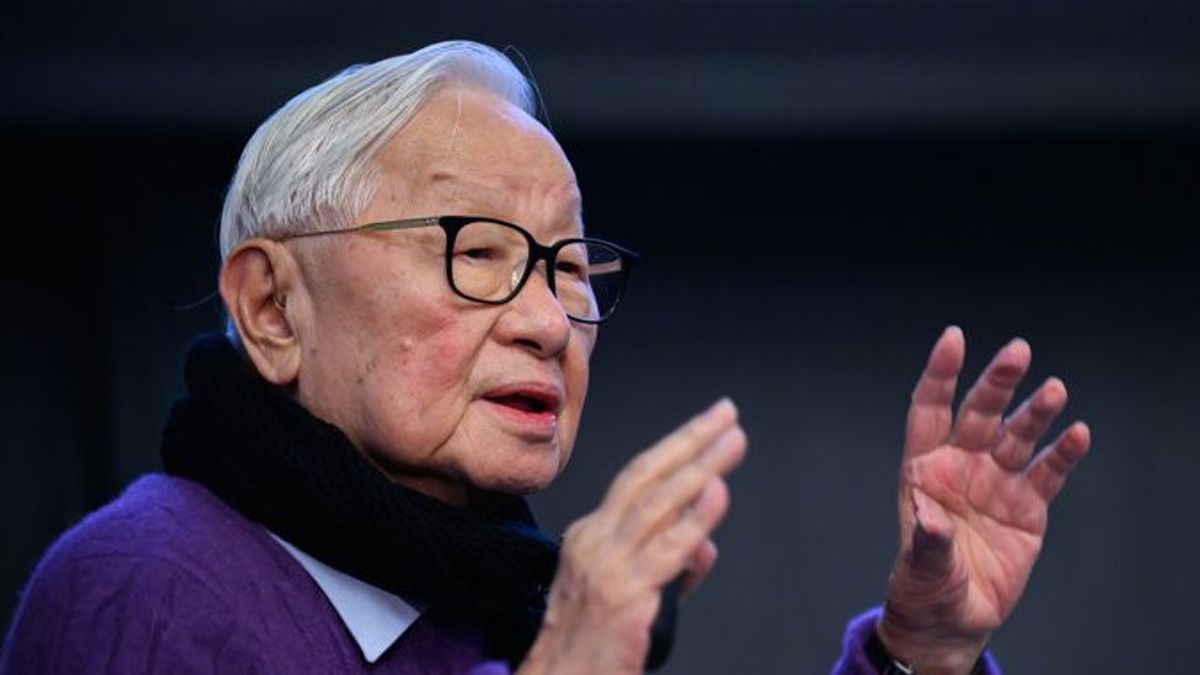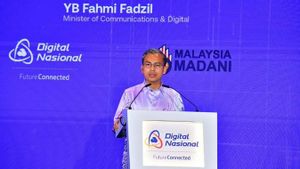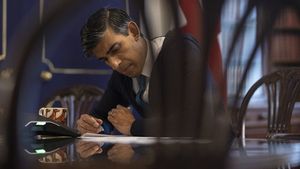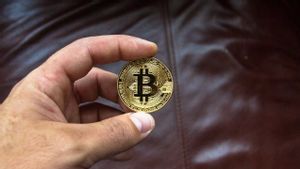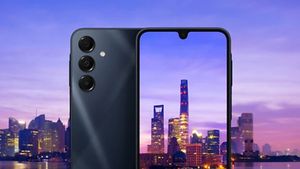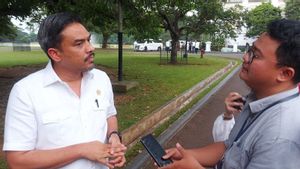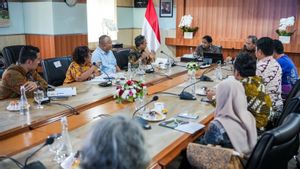Morris Chang, founder of Taiwan Semiconductor Manufacturing Co (TSMC), the world's largest chipmaker, said on Thursday 26 October that rising technological tensions between the United States and China would slow down the global chip industry.
Chang, who founded the company in the late 1980s, expressed his views on an event hosted by the Asia Society in New York. The company has helped democratically-ruled island Taiwanese countries become the world's leading state-of-the-art chip producers.
US officials earlier this month imposed a series of technology export restrictions that limit the types of chips and chip manufacturing tools that can be exported to China. This comes after Huawei Technologies last month showcased mobile phones with new domestic chips.
Chang, 92, said cutting off China's chip industry from other parts of the world would affect other actors outside China.
"I think that separation will eventually slow everyone down. Of course, the direct goal is to slow China down, and I think that happens," Chang said.
Chang said that the effects of such separation had begun to appear and that many previous economic conflicts between established forces and emerging forces ended in war.
"It seems that countries are getting angry with each other, it makes me worried," Chang said, describing geopolitical tensions between the US and China as an already existing force facing emerging forces.
"Our only hope is that it doesn't lead to anything more serious," Chang said.
VOIR éGALEMENT:
He also praised the education system in the US, and added optimism about the country as TMSC invested in building chip manufacturing facilities in Arizona.
Born and raised in China, Chang built a career in the US, where he became a natural citizen in 1962, before being recruited to build a chip industry in Taiwan. Now he is considered a legendary figure in an industry caught in the midst of geopolitical tensions.
"I really think that this country, which is my country, the United States, is still the hope of the world, regardless of all the problems we face," Chang said.
The English, Chinese, Japanese, Arabic, and French versions are automatically generated by the AI. So there may still be inaccuracies in translating, please always see Indonesian as our main language. (system supported by DigitalSiber.id)
